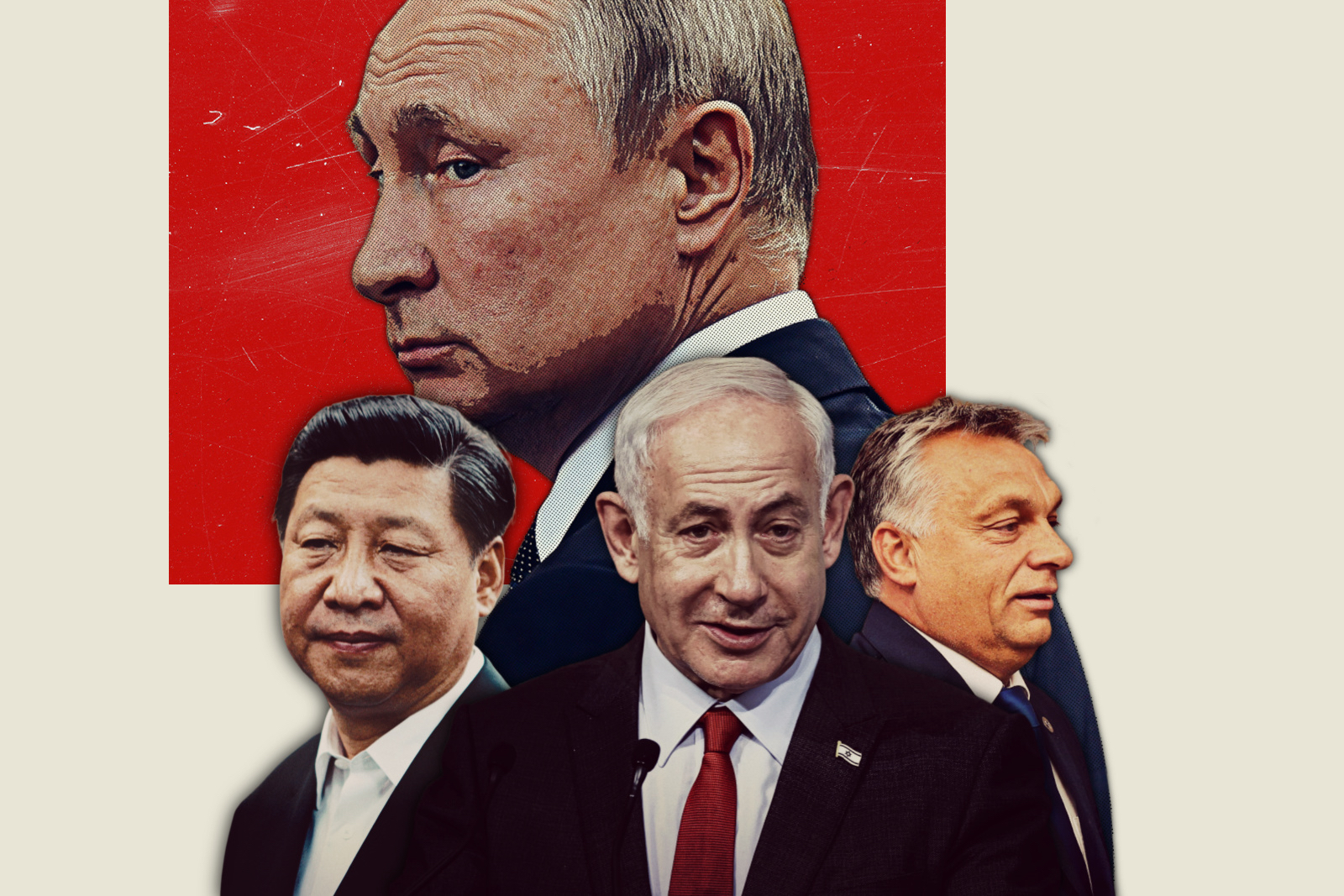
Washington’s Democracy Sales Pitch isn’t Working
Democracy, security, prosperity, and development are the four pillars of American diplomacy. Democracy promotion, either through hard or soft power, remains an integral part of American diplomacy. Recently, however, we can see a global trend of democratic backsliding for a variety of reasons.
In the coming years, policymakers will have the difficult task of navigating diplomatic relations with countries where the emphasis on democracy has been drastically reduced.
Causes of democratic backsliding vary, and almost every country experiencing democratic backsliding have unique features for why democracy is struggling. Although these countries are all very different, a few major themes can be identified. One of these major themes is an emphasis on security and widespread civilian approval of authoritarian governments.
An example of this can be seen in El Salvador, where the populist 41-year-old president, Nayib Bukele, has an approval rating of close to 87% due to his government’s efforts in cracking down on violence in the country from various criminal gangs.
Once labeled the most violent and dangerous country in the world averaging 108 homicides per 100,000 habitants, El Salvador has radically dropped its homicide rate to its lowest in years (7.8). Bukele and his government have accomplished this by finding various loopholes in the country’s constitution, including mass incarceration and sentencing without proper trials for accused gang members. Bukele and his allies have also attacked journalists and political opponents who have criticized his methods, forcing many of them to leave the country.
Although Bukele has used some questionable methods to bring security to his country, his widespread popularity shows that the majority of citizens in El Salvador value stability over democracy. In countries facing widespread instability and violence, there is a possibility for citizens to support non-democratic leaders who manage to bring about drastic change in a short period of time.
This scenario can also be seen in many countries in the Gulf and Southeast Asia. Countries in these regions with monarchies and authoritarian governments rank very high in ratings such as the Human Development Index (HDI) and Quality of Life Index. A majority of these countries rank higher than certain democratic countries and often attract expats from various democratic countries for remote work or vacation destinations. These non-democratic countries provide residents with stability and prosperity, along with government benefits such as quality education, health care, and low taxes. Similar to the residents of El Salvador, citizens of these countries have prioritized stability to improve their quality of life over more traditional forms of democracy.
For many current democratic countries facing backsliding, the failure of democratic governments to provide their citizens with basic needs such as power, water, infrastructure, food, and access to jobs has turned countries away from democracies and provided opposing politicians an opportunity to become more authoritarian in nature. Across the globe, up to 51% of people surveyed by Pew Research Center are currently dissatisfied with how democracy is working.
In Tunisia and Lebanon, fragile democratic governments are widely unpopular due to massive power outages and a lack of structure and accountability from leaders in charge. Widespread frustration with democratic governments allows for instability to rise and also allows for potential military intervention leading to coups, civil wars, and increased state and non-state conflicts.
Using the example of Lebanon, Hezbollah has remained a powerful actor due to the group’s ability to provide citizens with basic necessities, something the government has struggled to do in recent years.
Another example of this can be seen in South Africa, where the government has failed to provide citizens with basic necessities. South Africa has experienced widespread violence as a result, and the trend of using private security instead of traditional police forces for protection has skyrocketed. This trend of non-state actors gaining power and influence will continue to increase as democracies falter worldwide.
A rise in non-state actors gaining influence will impact United States foreign policy and diplomacy because the U.S. will be forced to include these non-democratic groups in policy conversations, a practice that has traditionally been avoided.
In today’s great power competition, the United States faces threats from multiple countries that do not have democratic institutions in place. The governments of China, Russia, and Iran will continue to remain authoritarian and non-democratic, and for the United States, limiting the spheres of influence of these countries will be crucial to keep its global influence. One of the major threats to the United States’ national security is democratic backsliding in countries that remain allies or countries that provide strategic interests to Washington.
The importance of cooperation from leaders in these countries can be seen through various defense and security agreements, along with economic treaties and partnerships. Many important allies of the United States are currently experiencing authoritarian and populist movements including Israel, India, Hungary, Italy, Poland, and Turkey. While many of these countries continue to move away from democratic methods of government, the United States will have to work with these countries for a variety of reasons. In the case of Hungary, Italy, Poland, and Turkey, they are NATO members, and the U.S. needs India’s help in containing China. On paper at least, Israel is the only democratic country in the Middle East but this could change.
As international issues become more transnational in nature, the United States will have to adapt to how diplomacy with non-democratic countries is approached. When dealing with security concerns such as climate change, the migration crisis, and cybersecurity, it will be challenging for Washington to continue promoting democracy across the world, while also accomplishing its other foreign policy objectives.

